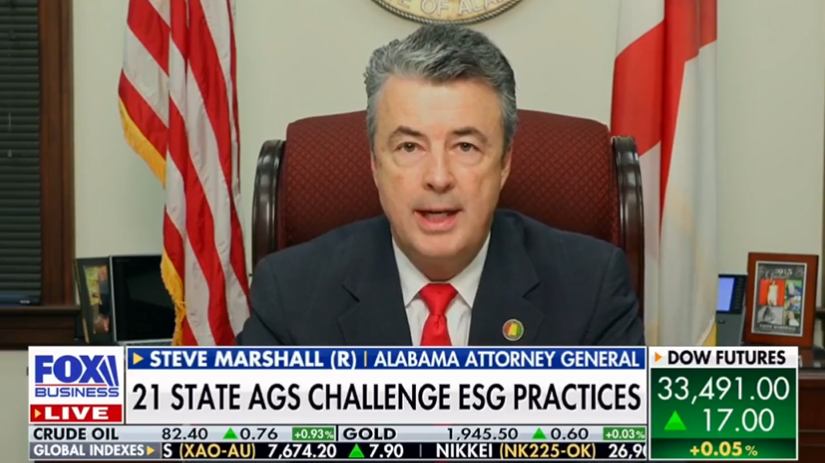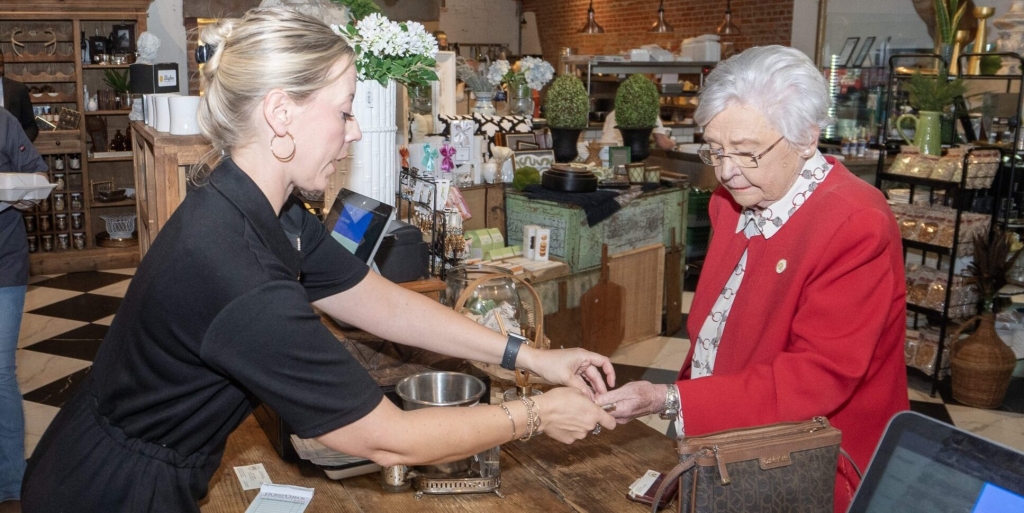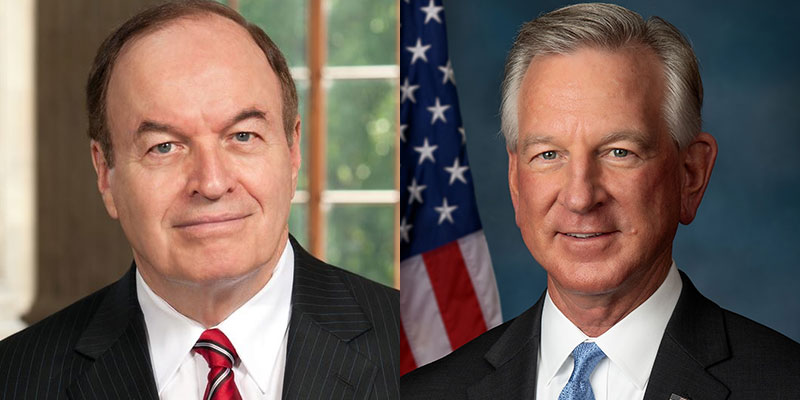A record number of small business owners are reporting unfilled job openings, a fact that is preventing growth in the sector, according to a recent National Federation of Independent Business (NFIB) survey.
The NFIB Small Business Optimism Index fell in May after steadily increasing each month this year, noted the organization in a release on Tuesday.
In response to the survey, 48% of business owners reported an inability to fill current job openings.
In Alabama, NFIB state director Rosemary Elebash welcomed Gov. Kay Ivey’s strategy to discontinue the federal unemployment supplement in an effort to bolster the workforce. Elebash explained that the labor shortage has hindered small businesses from meeting the needs of their customers.
“Our members say job openings outnumber qualified job applicants, but we believe Governor Ivey’s decision to end the federal unemployment supplement early on June 19 will encourage more people to reenter the workforce,” Elebash remarked.
The federal program, created to help workers who lost their jobs during the pandemic when relatively few businesses were hiring, is set to expire nationwide in September.
However, citing the need to help small businesses in their recovery, Ivey ensured Alabama would opt out earlier.
She remarked at the time of her decision that the program had always been meant as a short-term solution.
“As Alabama’s economy continues its recovery, we are hearing from more and more business owners and employers that it is increasingly difficult to find workers to fill available jobs, even though job openings are abundant,” said Ivey. “Among other factors, increased unemployment assistance, which was meant to be a short-term relief program during emergency related shutdowns, is now contributing to a labor shortage that is compromising the continuation of our economic recovery.”
Workforce challenges are not only a problem in Alabama, according to NFIB chief economist Bill Dunkelberg.
“The labor shortage is holding back growth for small businesses across the country,” stated Dunkelberg. “If small business owners could hire more workers to take care of customers, sales would be higher and getting closer to pre-COVID levels. In addition, inflation on Main Street is rampant, and small business owners are uncertain about future business conditions.”
Other key findings from the survey:
–8% of owners cited labor costs as their top business problem and 26% said that labor quality was their top business problem. Higher labor costs are being passed on to customers through higher selling prices.
–A net 34% (seasonally adjusted) reported raising compensation, the highest level in the past 12 months. A net 22% of owners plan to raise compensation in the next three months, up two points.
–Owners expecting better business conditions over the next six months fell 11 points to a net negative 26%.
Attorney General Steve Marshall last month harnessed the power of his office to pursue additional relief for small businesses.
Marshall filed a lawsuit against the Biden administration seeking to allow states to use federal funds for state tax relief for small business owners.
Marshall stated that a provision in the American Rescue Plan Act “effectively bans states from cutting taxes for several years.”
The lawsuit has been filed in the U.S. District Court for the Northern District of Alabama.
RELATED: Expanded broadband is essential to our small business community
Tim Howe is an owner of Yellowhammer Multimedia












